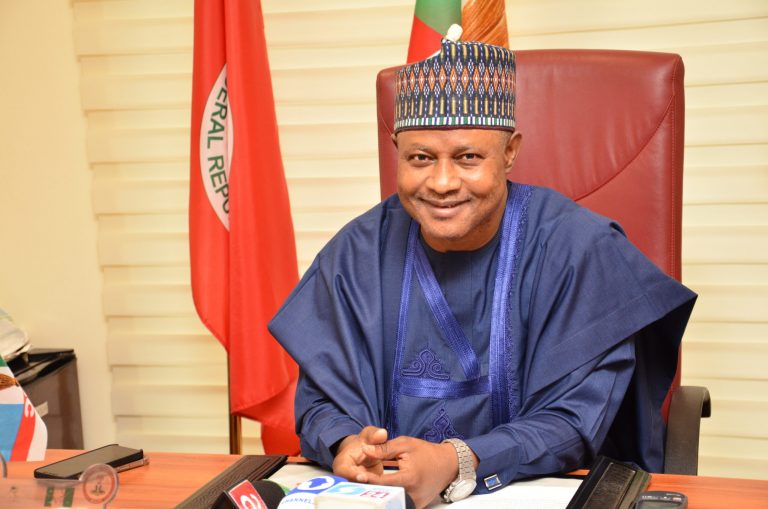The Federal Government’s recent decision to prohibit candidates under the age of 18 from sitting for the West African Senior School Certificate Examination (WASSCE) and the National Examination Council (NECO) exams has sparked a debate among educational stakeholders in Nigeria. The Nigeria Union of Teachers (NUT) has criticized the policy, while the Academic Staff Union of Universities (ASUU) has voiced support, as reported by The Press.
New Age Policy for Examinations
The Minister of Education, Prof. Tahir Mamman, announced on Channels Television’s ‘Sunday Politics’ that the government has implemented a minimum age requirement of 18 for secondary school leaving examinations, including WASSCE and the Senior School Certificate Examination (SSCE). This policy will also apply to the Unified Tertiary Matriculation Examination (UTME) conducted by the Joint Admissions and Matriculation Board (JAMB).
Prof. Mamman emphasized that this is not a new policy but rather an existing one that aligns with the standard academic progression expected in Nigeria. He explained that students typically reach 17 and a half years old after completing the necessary years of schooling from early childhood education through to senior secondary school.
Support and Criticism of the Policy
The NUT’s Secretary-General, Dr. Mike Ene, criticized the policy, arguing that it fails to consider societal changes, such as early enrollment in schools due to economic pressures. He pointed out that some children, due to their early start in education, might be academically prepared for exams before turning 18. Ene warned that this policy might lead to legal challenges and urged the government to reconsider its stance.
Conversely, ASUU, represented by its National President, Prof. Emmanuel Osodeke, supported the policy, stating that children should follow the standard academic progression without rushing into tertiary education. Osodeke questioned the need for early university admission and emphasized the importance of students being emotionally and intellectually ready before entering higher education.
Broader Reactions from Educational Stakeholders
The debate extends to other educational bodies and stakeholders. The National President of the Academic Staff Union of Polytechnics (ASUP), Mr. Shammah Kpanja, argued that age should not be the only determinant for eligibility to sit for exams; instead, a student’s ability and intelligence should be considered. He suggested the government focus on improving infrastructure and teacher welfare rather than imposing age restrictions.
Similarly, Mallam Musa Ibrahim, National President of the All Nigeria Confederation of Principals of Secondary Schools, supported the government’s decision, citing concerns about the emotional maturity of younger students in higher education environments. He attributed high failure rates in national examinations to the participation of underage students and emphasized the need for students to be mature and ready to face university life.
Upcoming Deliberations
The Secretary-General of the Committee of Vice-Chancellors of Nigerian Universities, Prof. Yakubu Ochefu, mentioned that the committee would meet in September to discuss the policy and take a formal position. Meanwhile, WAEC’s Head of National Office, Dr. Amos Dagnut, stated that as an examining body, they would comply with any regulations set by the government.
Conclusion
As the debate continues, stakeholders remain divided on the age policy for exams. While some argue it is necessary for ensuring the readiness of students for higher education, others see it as an unrealistic measure that could hinder academically gifted students. The government’s enforcement of this policy highlights ongoing discussions about the balance between educational standards and the diverse needs of students across Nigeria.





